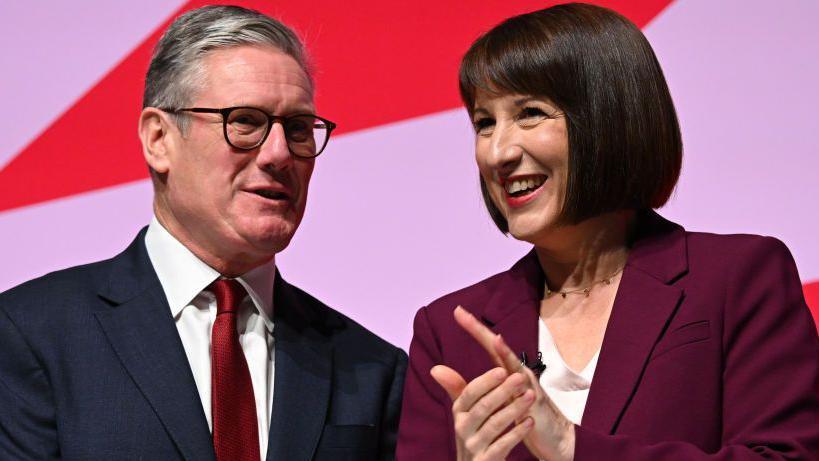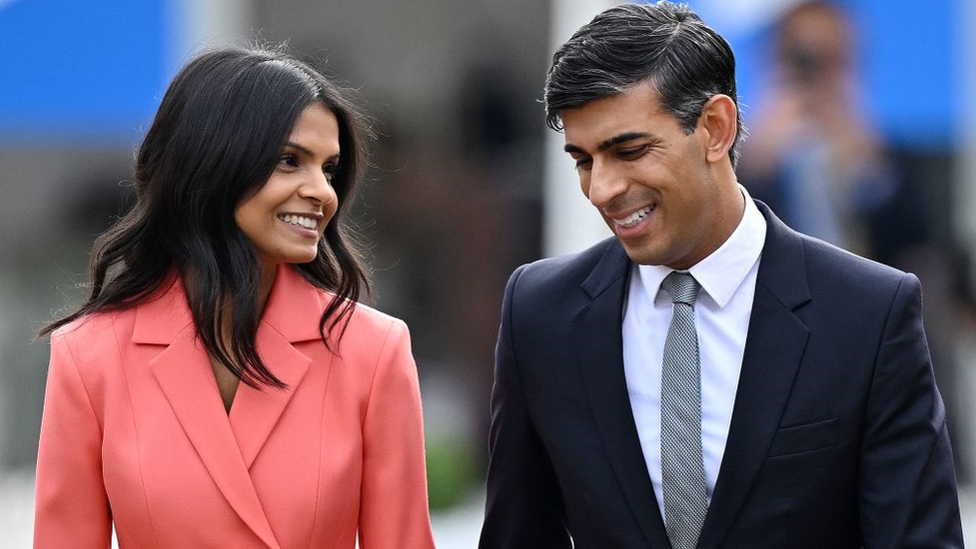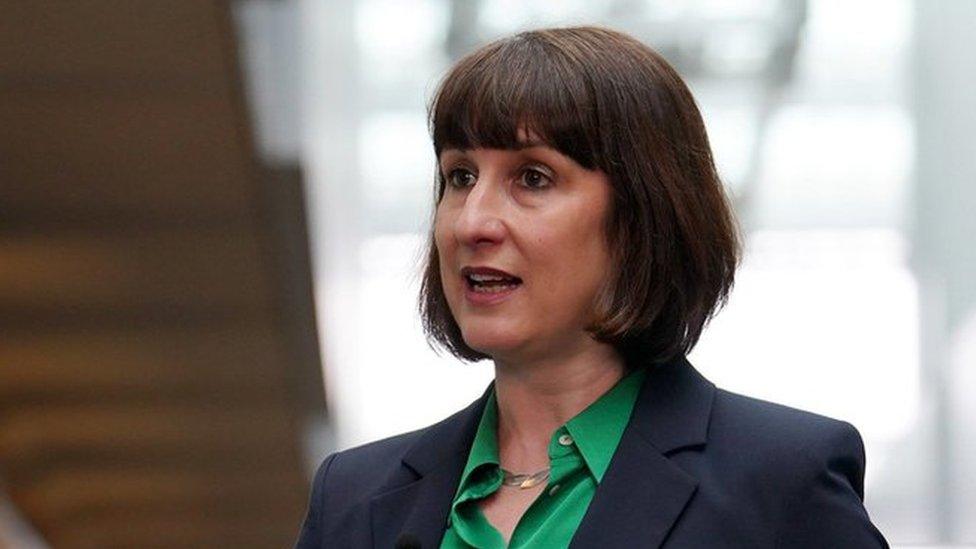Treasury reconsidering Labour plan for non-dom tax status

- Published
The Treasury is reconsidering parts of Labour’s manifesto plan for non-domicile tax status over worries that the reforms will bring in less money than expected.
There is concern that planned changes, which aimed to raise extra money to spend on public services like the NHS, could prompt wealthy foreigners to simply leave the UK.
"Non-dom" describes a UK resident whose permanent home - or domicile - for tax purposes is outside the UK.
A Treasury spokesperson said: "These reports are speculation, not government policy. The independent Office for Budget Responsibility (OBR) will certify the costings of all measures announced at the Budget in the usual way."
In March 2024, the-then Conservative chancellor Jeremy Hunt announced that the non-dom tax regime would be phased out.
However, he also introduced concessions which were designed to reduce the incentive for wealthy foreigners with a permanent home abroad to emigrate.
While no specific policy has been put to the OBR as part of the process for next month's Budget, Treasury officials acknowledge that plans by Labour to scrap two concessions made by the previous government might not raise the £1bn they thought it would, or indeed any money at all.
The £1bn is earmarked in the Labour manifesto for extra hospital and dental appointments and school breakfast clubs.
About half the money raised from the wider abolition plan was already forecast to be lost in changes of behaviour.
Nimesh Shah, chief executive of Blick Rothenberg, a tax advisory and accountancy firm which acts for wealthy individuals, told the BBC's Today programme, that some non-doms had begun leaving the UK after Hunt's spring Budget.
“But I think the bigger majority, from my experience, has been that a number of people are planning to leave over the next 12 to 18 months," he said.
"Practically, it is difficult to leave a country. There’s schooling for children, there’s jobs, there’s businesses, housing – these things do take time so people are taking them time about where to go.”
Meanwhile, Nadhim Zahawi, who was chancellor in the previous Conservative government, claimed: "I was told over the summer that in July alone British applications for residency in places like Monaco was 5,000 people."
At the time of the spring Budget in March, the OBR assessed that the revenue raised from non-doms was "highly uncertain". It said that many non-doms "opt in and out on a year-by-year basis, making it difficult to project future trends".
Small changes to assumptions about emigration, for example, could mean the planned additional tightening of the plan could raise very little.
While no final decisions have been made, some watering down or phasing in of the decision to apply inheritance tax to trusts, and a discount on bringing in foreign income next year, is being considered.
The Treasury is adamant that any further changes to the regime should be shown to raise money, and that non-dom status in general will still be scrapped.
The Treasury spokesperson added: "We are committed to addressing unfairness in the tax system so we can raise the revenue to rebuild our public services.
"That is why we are removing the outdated non-dom tax regime and replacing it with a new internationally competitive residence-based regime focused on attracting the best talent and investment to the UK.”
What is a non-dom?
Non-dom refers to a person's tax status, and has nothing to do with their nationality, citizenship, or resident status - although it can be affected by these factors.
A non-dom only pays UK tax on the money they earn in the UK. They do not have to pay tax to the UK government on money made elsewhere in the world (unless they pay that money into a UK bank account).
For wealthy individuals, this presents the opportunity for significant - and entirely legal - savings, if they state a lower-tax country as their domicile.
One of the most well-known non-doms is former Prime Minister Rishi Sunak's wife, Akshata Murty.
After details of her status emerged, she said she would start paying UK tax on her earnings generated outside the UK.

Sign up for our Politics Essential newsletter to read top political analysis, gain insight from across the UK and stay up to speed with the big moments.
It’ll be delivered straight to your inbox every weekday.
Related topics
- Published23 January

- Published9 April 2024
